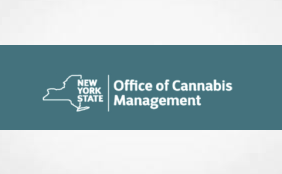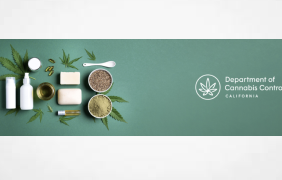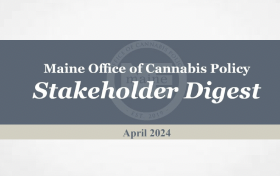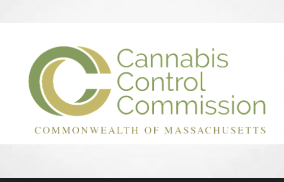Authors Ryan Holz, Wasim Bleibel
According to its press release yesterday, the Federal Trade Commission (FTC) recently issued warning letters to three companies in the cannabidiol (CBD) industry touting unsubstantiated claims that their products can prevent, treat, or cure serious diseases and health conditions. These new warning letters are part of an ongoing effort by the FTC and the Food and Drug Administration (FDA) to ensure that claims regarding the health benefits of CBD are supported by competent and reliable scientific evidence.
The FTC did not identify the companies that received these warning letters by name given the ongoing enforcement efforts. They did, however, identify the allegedly deceptive claims:
- Company 1 claims that its CBD “works like magic” and relieves “even the most agonizing pain” better than opioid painkillers. Company 1 further claims that it participated in “thousands of hours of research” with Harvard and its CBD is “clinically proven” to treat cancer, Alzheimer’s, MS, fibromyalgia, cigarette addiction, and colitis;
- Company 2 advertises its CBD products as a “miracle pain remedy” that treats both acute and chronic pain. Company 2 also claims that its CBD treats autism, anorexia, bipolar disorder, PTSD, schizophrenia, anxiety, depression, Alzheimer’s, ALS, stroke, Parkinson’s, epilepsy, traumatic brain injuries, diabetes, Crohn’s, psoriasis, MS, fibromyalgia, cancer, and AIDS;
- Company 3 promotes its CBD gummies an effective treatment for “the root cause of most major degenerative diseases, including arthritis, heart disease, fibromyalgia, cancer, asthma, and a wide spectrum of autoimmune disorders.” Company 3 also claims that its CBD cream treats arthritis pain and its CBD oil may treat depression, PTSD, epilepsy, heart disease, arthritis, fibromyalgia, and asthma.
Although these claims appear to be some of the more outlandish health-related claims attributed to CBD products, there is an obvious lesson here: the federal government is still actively monitoring the industry and continues to target CBD companies advertising any unsubstantiated health-related claims. If you are a CBD company, or are thinking of investing in a CBD company, make sure any health-related claims—including sponsored testimonials or statements made by a brand’s influencers—are legitimately supported by reliable scientific evidence. Generally speaking, nothing good comes from running afoul of the FTC.
There is another interesting issue worth mentioning. In March 2019, the FTC and the FDA issued joint warning letters to CBD companies making similar health claims. These most recent letters came from the FTC only. As we understand it, internal politics at the FDA and the lack of a permanent commissioner have made difficult the process of obtaining approval for warning letters, but the FDA remains heavily involved in dealing with allegedly deceptive CBD health claims. The fact that these letters came from the FTC rather than the FDA or the FTC and FDA jointly should thus not be read as a change in the enforcement process, but rather a matter of bureaucratic convenience.
We are continuing to monitor the federal government’s efforts to prohibit allegedly deceptive health claims on our blog. If you have any FTC/FDA issues you would like to discuss, our Advertising, Marketing & Social Media team and our FDA Regulatory team are ready to assist.

















